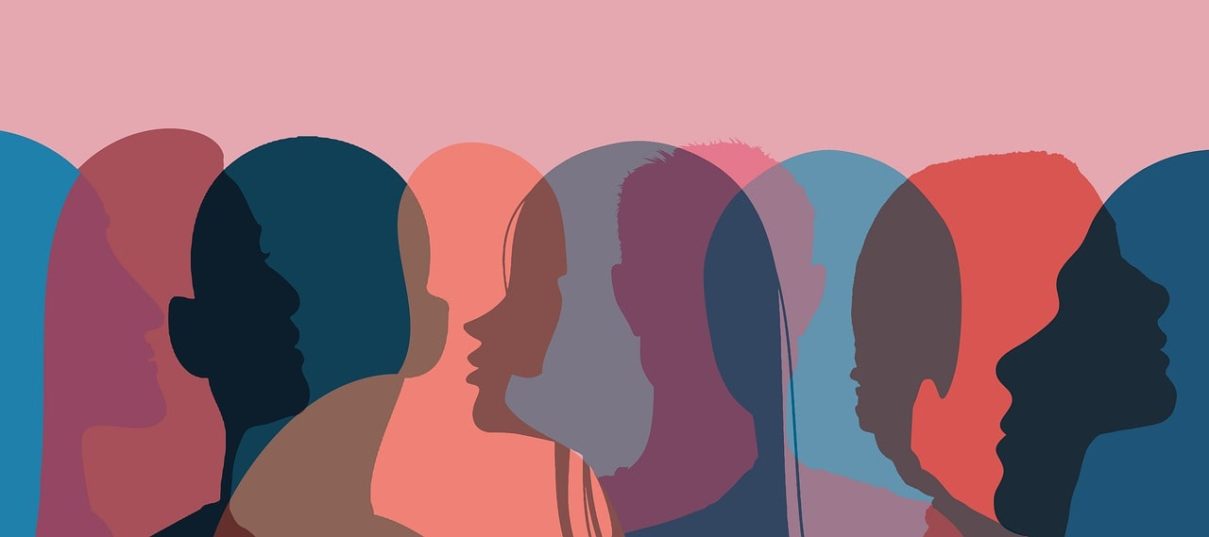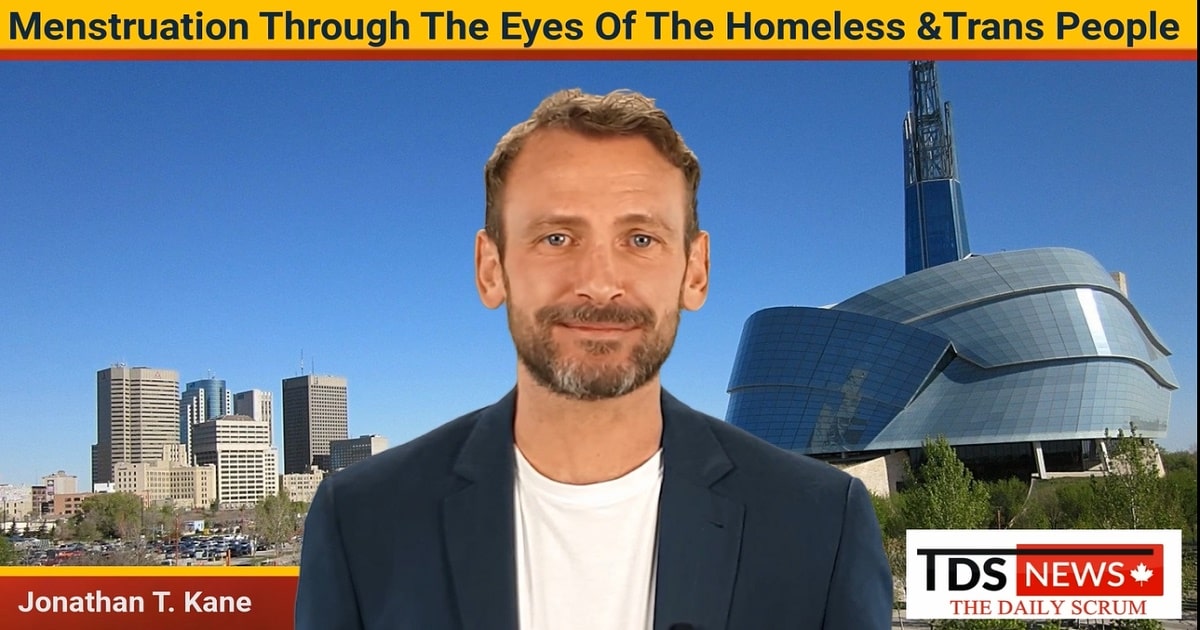Unhygienic menstrual products can lead to a plethora of maladies and risks including but not limited to fungal infections, urinary infections, rashes and more.
By Ashley Meelu, Daivat Bhavsar, Dr. Austin Mardon, Simreet Kaur
One of the greatest underlooked issues of today’s generation is the issue of menstrual hygiene. Most people- men or women- will shy away from or downright ignore the topic of menstruation when brought up. They’ll deny it exists, they’ll deem the conversation inappropriate, and they’ll shun away anyone who wants to talk about it. Yet, this phenomenon affects most if not all members of the fairer sex. The fact that we can’t even openly discuss the process of menstruation displays the limitations faced when considering menstrual hygiene.
When a woman is on her cycle, she can go to the store and pick from numerous different styles, brands, and shapes of menstrual hygiene products. However, what we may forget is that it’s not as simple for those women that are facing homelessness or identify as trans. Moreover, with the pandemic raging around the world today, these important products seem more like a luxury for the more fortunate.
For this reason, a student and affiliate group at Ryerson University named Women in Information Technology Management, or WITM, have made it their mission to understand the needs of women facing homelessness and trans people. Moreover, they strive to supply them with the products needed to remain safe and hygienic.

Unhygienic menstrual products can lead to a plethora of maladies and risks including but not limited to fungal infections, urinary infections, rashes and more. Many scientific journals, including Are Unhygienic Practices During the Menstrual, Partum and Postpartum Periods Risk Factors for Secondary Infertility? (Ali, Sami and Khuwaja, 2007), highlight the major risks associated with unhygienic menstruation practices. These include rewashing and reusing specific cloths to act as pads as well as not properly cleansing one’s body during their menstrual cycle. These practices can lead to major issues such as secondary infertility, caused by drastic infections of the female reproductive organs.
Unfortunately, for homeless women, sometimes these unhygienic practices are their only option as they do not have clean products available at their disposal. Moreover, trans individuals are often faced with discrimination when trying to utilize their right to go to the washroom of their gender. Thus, both parties are at higher risk for infections and other health risks because they cannot access the correct products as readily as the more privileged female populations. The inability to speak on this matter and congregate proper resources results in these parties continually suffering every month.
For homeless women, on top of worrying about where their next meal will come from and whether they’ll have a roof over their heads that night, they have to suffer the terrible cramps, headaches and blood loss associated with menstruation. It can be quite taxing for an individual already undergoing many hardships to also be denied their basic right as a female human being.

WITM believes that menstrual products including pads, undergarments and more are extremely important for females to be able to have a clean and risk-free menstrual cycle. This group acknowledges that despite the gravity of this situation, these products are found in shockingly low amounts at shelters that homeless women and trans women could visit. Due to this ongoing issue, WITM has worked tirelessly with several organizations, including DivaCares, Seva Food Bank, Nannocare, Joni and Intimina, to provide these discriminated individuals with the basic necessities for a safe menstrual cycle.
They have also donated to an amazing shelter for women such as Elisa’s House and Mary’s Home. Recognizing their efforts, the Ted Rogers Students’ Society designated WITM’s Menstruation Mission as the Best New Initiative of 2019. Moreover, this year, this team has raised over $980 in donations with plans to triple this amount by the end of the project year. This accomplishment was achieved despite the hardships that COVID-19 has brought on in terms of effective fundraising, holding events, and being able to reach out to individuals face-to-face. WITM took this challenge and overcame it through holding a holiday raffle in collaboration with Ryerson Women in Leadership- in which $592.53 were raised. This is just one of many initiatives brought on by this team, to ensure that underprivileged women, now more than ever, still receive safe and clean menstrual products.
The sad reality, however, is that organizations such as WITM- which operates within Toronto- require much more support and fundraising to be able to help all homeless and trans women of Ontario. These women are being denied their basic human rights and are put at risk of many infections and maladies. It is interesting that one can receive water, toilet paper and soap for free in bathrooms and around the province. Yet, something as important and trivial as menstrual products are treated as luxuries one must pay for.

WITM counteracts this notion and strives to ensure women of these two discriminated parties are able to stay safe and not worry about something that they should already be receiving. In order to donate to this organization, one can visit WITM’s paypal. Every dollar goes toward supplying menstrual products to a homeless or trans women who deserves more than they are currently receiving.
Ashley Meelu, BSc (University of Waterloo) is an undergraduate student with a background in Biomedical Sciences. She has an interest in the principles of human physiology- especially neuroscience- and pathophysiology. Ashley is a writer volunteer at AIC with the hopes of promoting knowledge and scholarly research on infrequently discussed topics such as menstruation.









